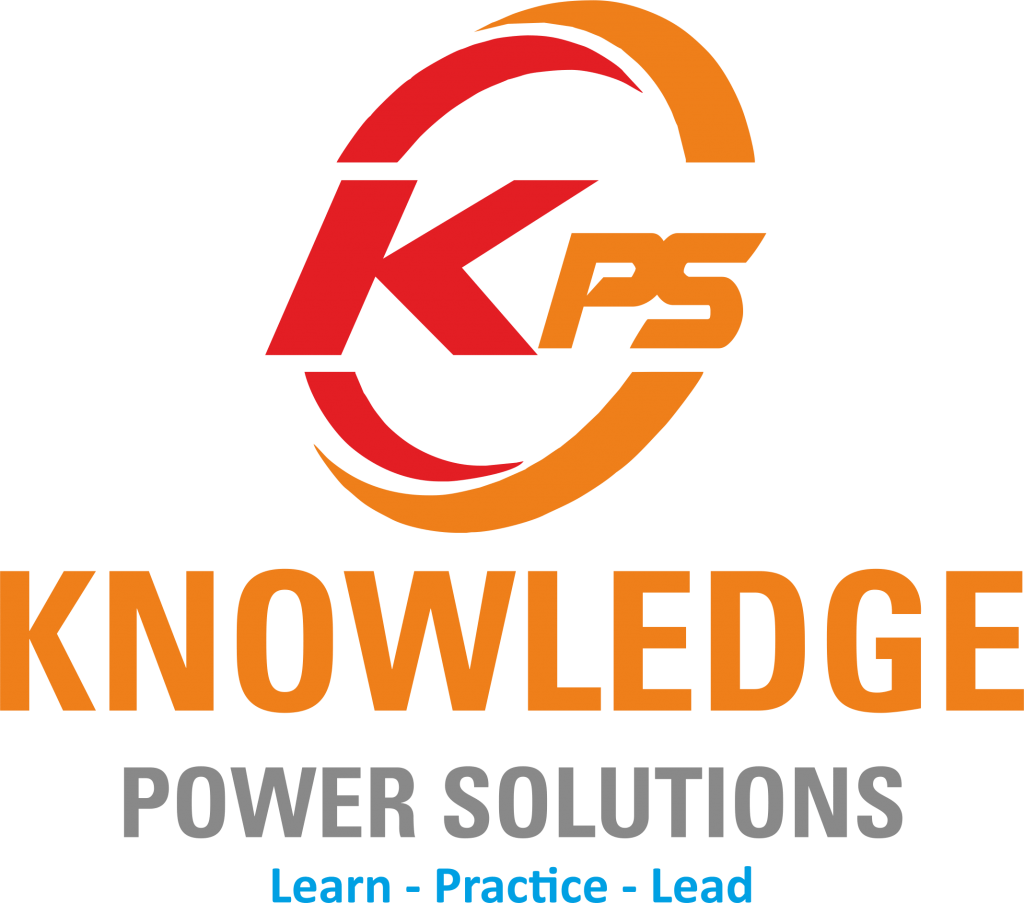Becoming an MLOps Engineer or DevOps Engineer involves acquiring a combination of skills in machine learning, software development, and operations. Here’s a six-month plan in tabular format to help you achieve this career transition:
| Month | Focus Area | Tasks and Goals |
|---|---|---|
| Month 1 | Foundations | – Learn the basics of machine learning and deep learning concepts. |
| – Gain proficiency in Python programming. | ||
| – Familiarize yourself with Linux/Unix command-line usage. | ||
| Online Courses | – Enroll in online courses on machine learning (e.g., Coursera, edX). | |
| Python | – Complete Python tutorials and exercises (e.g., Codecademy, Python.org). | |
| Month 2 | Version Control | – Learn Git and GitHub/GitLab for version control. |
| Containerization | – Get familiar with Docker for containerization. | |
| Continuous Integration (CI) | – Understand CI/CD concepts and tools (e.g., Jenkins, Travis CI). | |
| Hands-On Projects | – Start a GitHub repository and practice version control. | |
| Month 3 | Infrastructure as Code (IaC) | – Learn IaC tools like Terraform or AWS CloudFormation. |
| Cloud Computing | – Get hands-on experience with a cloud platform (e.g., AWS, Azure). | |
| Basic DevOps Skills | – Set up a simple CI/CD pipeline with a basic application. | |
| Machine Learning Basics | – Dive deeper into ML concepts like regression, classification. | |
| Month 4 | MLOps Foundations | – Study MLOps principles and best practices. |
| Container Orchestration | – Learn Kubernetes for container orchestration. | |
| Monitoring and Logging | – Explore monitoring tools like Prometheus and Grafana. | |
| Continuous Deployment (CD) | – Extend your CI/CD pipeline to include automated deployments. | |
| Month 5 | Advanced MLOps | – Study advanced MLOps topics like model versioning and serving. |
| Security | – Understand security best practices in MLOps. | |
| Configuration Management | – Explore tools like Ansible for configuration management. | |
| Real-World Projects | – Collaborate on a real-world ML project or Kaggle competition. | |
| Month 6 | Certifications | – Consider obtaining certifications in cloud services (e.g., AWS Certified DevOps Engineer). |
| Documentation and Collaboration | – Enhance your documentation skills and collaboration with teams. | |
| Networking | – Learn networking concepts relevant to cloud and DevOps. | |
| Job Search and Networking | – Update your resume, create a LinkedIn profile, and network with professionals in the field. | |
| Interview Preparation | – Practice technical interviews and MLOps-related questions. |
Remember that this plan is just a guideline, and you can adjust it based on your existing knowledge and the specific requirements of the MLOps positions you’re targeting. Continuously learning and staying up-to-date with the latest technologies and best practices is crucial in the fast-paced field of MLOps and DevOps. Good luck with your career transition!


